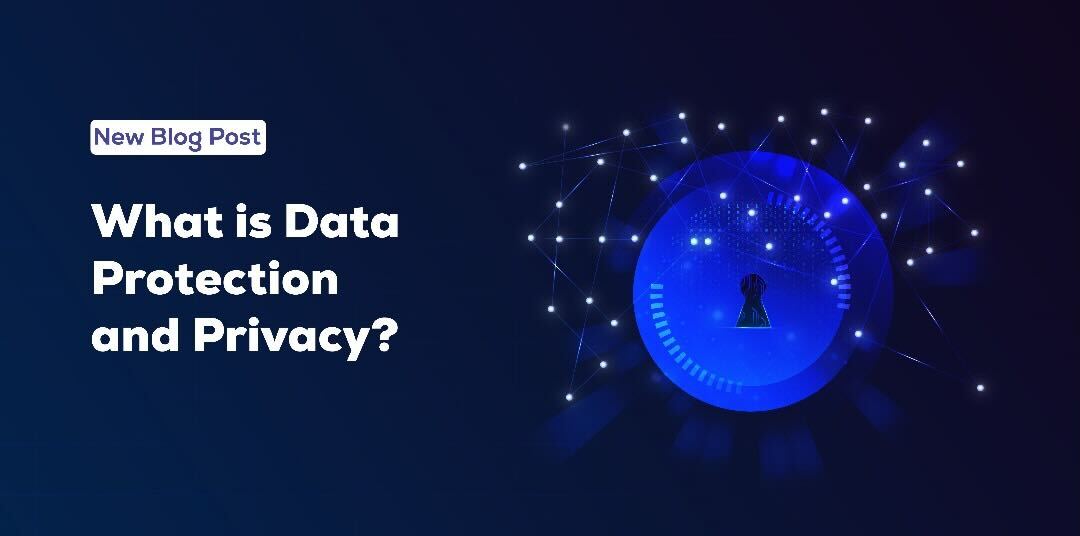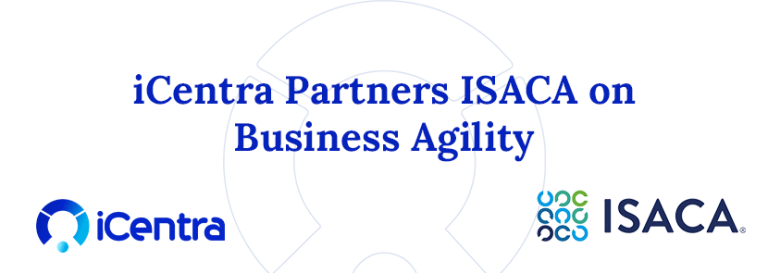Privacy has long dominated social and legal debates about technology. The National Information Technology Development Agency (NITDA) and other central regulators in Nigeria aim to strengthen protections against the collection of personal data. Data minimization is the default set in Nigeria by the Nigeria Data Privacy Act of 2024, ensuring that only necessary data is collected and processed. This act further elevates privacy’s primacy, aligning Nigeria with global standards and safeguarding citizens’ personal information.
Data protection and privacy have become a concern for organizations worldwide, with the increasing amount of data generated, collected, and processed, safeguarding this information is paramount to maintaining trust, ensuring compliance, and protecting against potential breaches.
Understanding Data Protection and Privacy
Data protection refers to the practices, safeguards, and binding rules put in place to protect personal data and ensure that an individual’s privacy rights are upheld. It encompasses all the processes and technologies designed to protect sensitive information from unauthorized access, alteration, or destruction.
Privacy, on the other hand, is the right of individuals to control how their personal information is collected, used, and shared. Privacy is about ensuring that individuals’ data is handled responsibly and that their consent is obtained before any data processing activities are conducted.
Key Concepts in Data Protection and Privacy
- Personal Data
Any information that relates to an identified or identifiable individual. This includes names, addresses, email addresses, social security numbers, and more.
- Data Subject
The individual whose personal data is being collected, processed, or stored.
- Data Controller
The organization or entity that determines the purposes and means of processing personal data.
- Data Processor
The organization or entity that processes personal data on behalf of the data controller.
- Consent
A clear and affirmative action by the data subject agreeing to the processing of their personal data.
- Data Breach
A security incident in which personal data is accessed, disclosed, or destroyed in an unauthorized manner.
How Does Data Protection and Privacy Benefit You?
1. Building Trust
Data breaches and privacy violations can severely damage an organization’s reputation. Protecting customer data helps build trust and confidence, ensuring that customers feel safe doing business with the organization. Trust is an asset that can significantly influence customer loyalty and business growth.
2. Preventing Financial Loss
Data breaches can result in substantial financial losses due to fines, legal fees, and remediation costs. Additionally, organizations may face loss of business and revenue due to damaged reputation and loss of customer trust. Investing in robust data protection measures can mitigate these financial risks.
3. Protecting Intellectual Property
Data protection is not just about personal data; it also involves safeguarding an organization’s intellectual property, trade secrets, and proprietary information. Ensuring that such data is secure from unauthorized access is vital to maintaining a competitive edge in the market.
4. Enhancing Operational Efficiency
Implementing data protection measures often involves streamlining data management processes and improving data governance. This can lead to enhanced operational efficiency and better decision-making based on accurate and secure data.
iCentra’s Solution To Data Breaches
To help organizations achieve data protection and compliance, iCentra offers a comprehensive ISO/IEC 27001 solution. ISO/IEC 27001 is an internationally recognized standard for information security management systems (ISMS). It provides a systematic approach to managing sensitive company information, ensuring its confidentiality, integrity, and availability.
Key Benefits of iCentra’s ISO/IEC 27001 Solution:
- Risk Management: Identify and mitigate risks associated with data security.
- Compliance: Ensure compliance with international data protection standards and local regulations like the Nigeria Data Privacy Act of 2024.
- Trust and Confidence: Build trust with customers and stakeholders by demonstrating a commitment to data security.
- Continuous Improvement: Regular audits and updates ensure that security measures remain effective and up-to-date.
- Business Continuity: Implementing these measures ensures business continuity in the event of security incidents.
For more information about iCentra’s ISO 27001 solution and how it can help your organization achieve excellent data protection and privacy, visit our website at www.icentra.com.
In summary, data protection and privacy are fundamental aspects of modern business operations. Prioritizing these areas will help your organization ensure legal compliance, build trust, prevent financial loss, protect intellectual property, and enhance operational efficiency. Also partnering with experts like iCentra to implement ISO 27001 can provide the framework and expertise needed to achieve data protection and drive business success.






